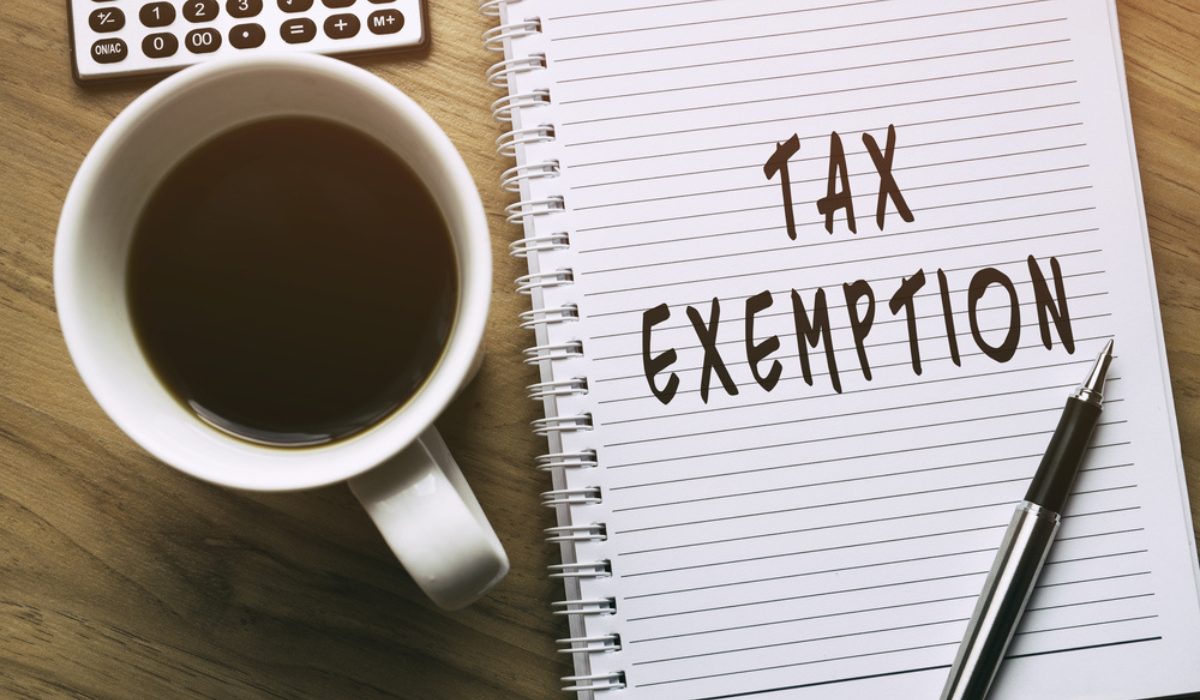Scheduled tribes (ST) are exempt from paying income tax under Section 10 (26) of Income Tax (I-T) Act 1961. Section 10 (26) provides an exemption from income tax for members of scheduled tribes, as specified in clause 25 of Article 366 of the Constitution, who are residents in a Sixth Schedule Region. The exemption under Section 10 (26) may only be claimed by persons who satisfy the conditions specified in the provision.
Section 10(26) of Income Tax (I-T)Act: Conditions
Three prerequisites must be met before this exemption may be granted.
- A member of a scheduled tribe is required. The list of scheduled tribes is notified by the President of India under the Constitution (Scheduled Tribes) Order, 1950.
- The ST should be a tribal area resident as notified by the central government. The said person should earn income from sources that are located in the tribal area.
- A tribal area can be classified as an area where scheduled tribes are predominantly present. These areas are notified in the Fifth and the Sixth Schedule of the Constitution of India. The Fifth Schedule provides for the administration and control of Scheduled Areas and Scheduled Tribes in these areas. One of the Sixth Schedule Areas must be the person’s permanent place of residence. So, if you are a member of a ST in Arunachal Pradesh, Manipur, Mizoram, Nagaland and Tripura, you are eligible for tax exemptions under Section 10 (26) Of the Income Tax Act.
- Being self-sufficient in a Sixth Schedule Area requires the generation of income.
The vast majority of STs in India (outside of the aforementioned regions) will not qualify for a tax exemption just because they are members of a scheduled tribe.
see also about: Section 10(10D)
Section 10(26) of Income Tax (I-T) Act: Application
- By obtaining a certificate from his/her Jurisdictional ITO, the qualified individual may claim tax-free income in their ITR.
- Over the last several years, the Income Tax administration has made a number of efforts to raise awareness of the special exemption afforded to members of Scheduled Tribes.
- Those who meet the aforementioned requirements are eligible for the exemption under section 10(26), but they should exercise caution in doing so. In the past, claims of exemption under this section have been refused because the requisite conditions weren’t met.
FAQs
Can any Scheduled Tribe member claim benefits under Section 10(26) of Income Tax Act?
No. The person in question must come from a recognised indigenous group, he or she must be a resident of a Sixth Schedule Area, and the income should be produced while residing in a Sixth Schedule Area.
What is an example of exempt income?
Simply put, they are sums that have been determined to be exempt from taxation. This often refers to disability pensions, carer payments, rent subsidies, and similar government benefits, but it may also include scholarships, child care payments, and so on.
| Got any questions or point of view on our article? We would love to hear from you. Write to our Editor-in-Chief Jhumur Ghosh at [email protected] |

With 16+ years of experience in various sectors, of which more than ten years in real estate, Anuradha Ramamirtham excels in tracking property trends and simplifying housing-related topics such as Rera, housing lottery, etc. Her diverse background includes roles at Times Property, Tech Target India, Indiantelevision.com and ITNation. Anuradha holds a PG Diploma degree in Journalism from KC College and has done BSc (IT) from SIES. In her leisure time, she enjoys singing and travelling.
Email: [email protected]











